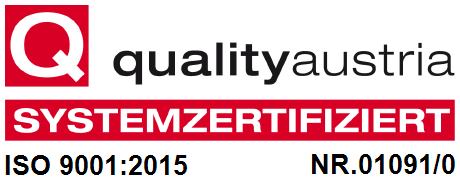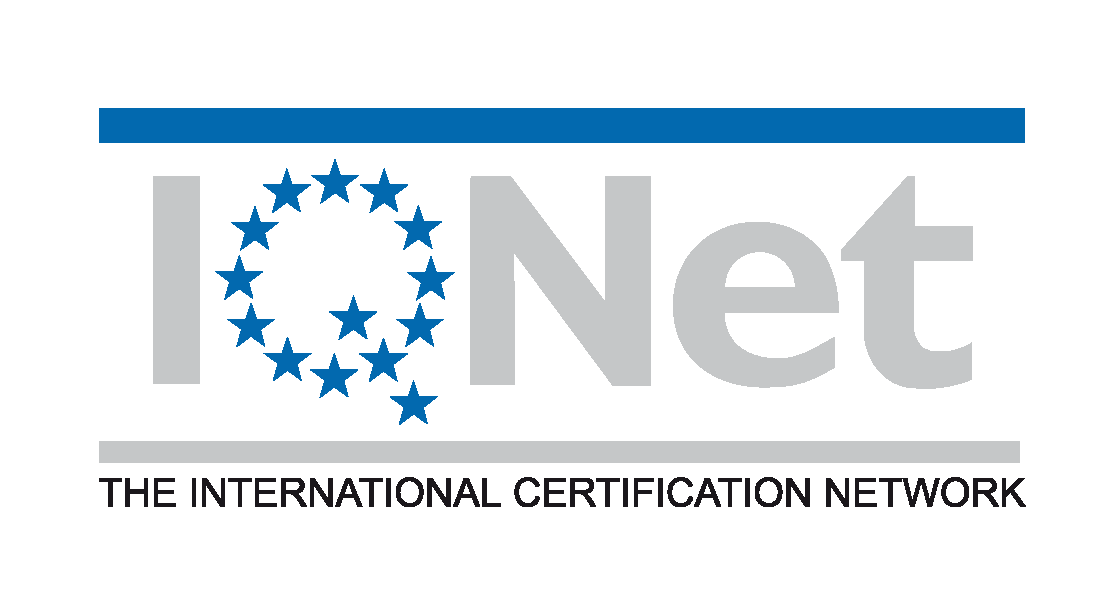Egg Donation
The reasons why couples experience difficulties in conceiving and maintaining a pregnancy can vary greatly. There are situations where couples are unable, for various reasons, to conceive from the woman's own oocytes, and therefore they need to have a plan "B": Egg Donation. Egg Donation is the process by which a woman donates oocytes (donor) to enable another woman (recipient) to get pregnant with the help of assisted reproductive technology (ART).
1. When should the use of donor eggs be considered?
2. Legal Framework
1. When should the use of donor eggs be considered?
There are many reasons why couples/women cannot realize their dream of parenthood with the woman's own oocytes and may therefore consider treatment using donor eggs:
- after surgical removal of both ovaries
- after chemotherapy or radiotherapy of the lesser pelvis
- after treatment of malignant diseases
- in women suffering from so-called premature menopause, i.e. premature ovarian failure
- in women suffering from genetic disorders (e.g.: Turner syndrome, gonadal dysgenesis)
- repeated occurrence of pathological features in embryos derived from assisted reproductive therapies with IVF/ICSI/IMSI
- repeated failed fertilization after IVF/ICSI/IMSI
- pregnancy tests after several embryo transfers came back negative
Apart from these medical causes, social developments may play an important role, too. In other words, more and more women and men delay starting a family until later in life. More women than ever are postponing motherhood to an age beyond 35 years. However, from around age 40, it will become increasingly difficult to get pregnant naturally.
2. Legal Framework
There are often large differences between the national laws of different European countries regarding medically useful and legally permitted treatment options in the field of reproductive medicine. The implementation of the specific legal provisions by the different national legislations gives an impression of the complexity of the matter, be it in terms of political, historical, religious, ideologial or ethical backgrounds. Ideally, the Law on Reproductive Medicine in force should be based on recognized medical and ethical principles in line with current social developments, while at the same time reflecting the state-of-the-art in science and technology.
Specific national regulations
A clear 'yes' or 'no', i.e. 'allowed' or 'not allowed' is often not sufficient to correctly describe the legal situation regarding egg donation. This is due to the different legal requirements set forth in applicable national laws and regulations as well as in EU directives. One of the key provisions deals with the way in which egg donation is provided in a specific country. A distinction is made here between anonymous and non-anonymous egg donors:
non-anonymous
The legislator stipulates that from a certain age onwards, children conceived using donor eggs shall be entitled to access identifying information on the donor. Consequently, the donor's identity must be disclosed. The IVF center where the treatment is provided has an obligation of disclosure.
anonymous
In those countries where anonymous egg donation is allowed, personal information on the donor will never be passed on to any third party, even though the recipient or the child may request such disclosure (this is a mandatory legal requirement). The donor's data shall be treated as strictly confidential and be kept under lock and key at the premises of the IVF center.
This underlines how essential it is to receive comprehensive consulting by a specialized physician in order to understand the proposed treatment options and the risks associated with them, while at the same time taking into account the existing 'country-specific' advantages and disadvantages.
Austria /
International
Non-anonymous / anonymous egg donation
Advice, preparation and therapy at our IVF center in Bregenz, respectively advice and preparation for anonymous egg donation at a Next Fertility IVF center abroad.






